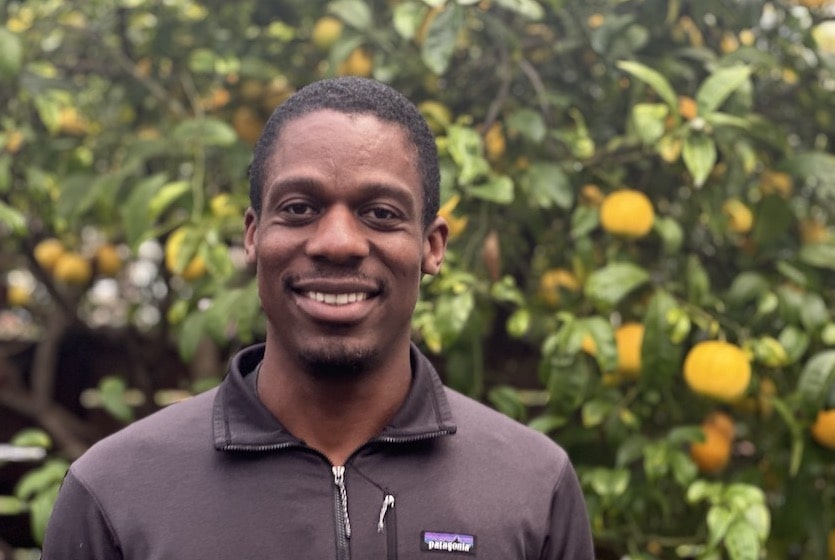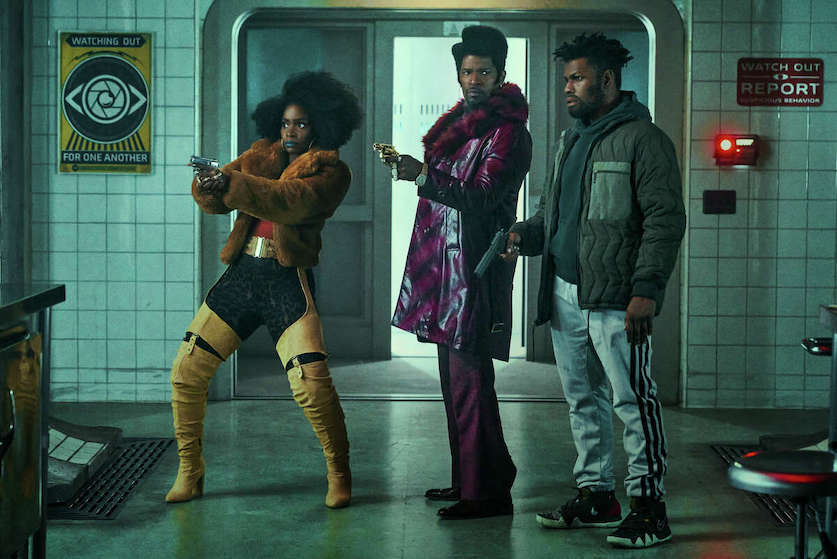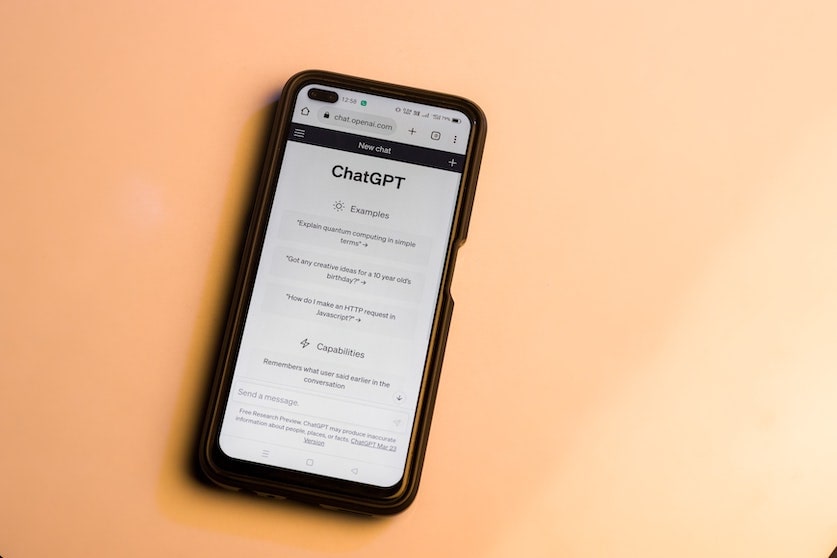
Egami Consulting Group empowers entrepreneurs to ‘Stretch’
June 29, 2015
Meet Facebook’s new Head of Africa as Tech Giant opens First Office on the Continent
July 2, 2015IN MAY 2014, the Reverend Jesse Jackson traveled from his home in Chicago to the Googleplex in Mountain View, California, to address the search giant’s annual shareholder meeting. Technology isn’t what you would call a core area for the 73-year-old civil rights leader, who carries an old-school flip phone and oversees a website, Rainbowpush.org, that looks like a relic from the GeoCities era. But Jackson had a bone to pick. Despite Google’s mission to make the world’s data “universally accessible and useful,” it had been fighting for years to stop the release of federal data on diversity in its workforce. “There should be nothing to hide, and much to be proud of and promote,” Jackson told the company’s executives after politely requesting its diversity stats. “I ask you, in the name of all you represent, to pursue this mission.”
David Drummond, the company’s only black high-level executive, sized up Jackson, who stood out amid the mostly white crowd. “Many of the companies in the Valley have been reluctant to divulge that data, including Google,” he responded. “And quite frankly, I think we’ve come to the conclusion that we’re wrong about that.”
The exchange was the public culmination of some behind-the-scenes arm wrestling that was vintage Jesse Jackson. Drummond, 52, was an old friend of the reverend who had volunteered for his 1988 presidential campaign and helped launch Jackson’s first tech initiative, the Silicon Valley Project, 11 years later. The two men had met quietly a month or so earlier at Google HQ, and again around the time of the shareholder meeting. Drummond knew Jackson would ask for the stats, and Jackson knew Drummond would agree to release them. Two weeks later, Google’s senior vice president of people operations, Laszlo Bock, did just that. “Put simply, Google is not where we want to be when it comes to diversity,” he said, upon revealing that the company’s overall workforce was only 30 percent female, 3 percent Hispanic, and 2 percent black.
Rather than simply criticize Google’s abysmal numbers, Jackson issued a statement calling for other companies to “follow Google’s lead” and release their data too. Facebook, Twitter, LinkedIn,Microsoft, Amazon, and Apple did so a few months after, and it wasn’t pretty: In most cases, less than 10 percent of the companies’ overall employees were black or Latino, compared with 27 percent in the American workforce as a whole.
The technical workforce is even more homogeneous. Take Facebook, whose just-updated numbers show that it’s tech employees are just 16 percent female, 3 percent Latino, and 1 percent black. It’s worse at the top: Whites hold nearly three-quarters of Facebook’s senior leadership positions. Facebook is hardly alone. By the accounting of Jackson’s advocacy organization, the Rainbow PUSH Coalition, the 189 board directors at 20 leading tech companies included only 36 women, three blacks, and one Latino.
Diversity has been “completely off the radar screen” in Silicon Valley, Jackson tells me one January afternoon. Clad in a charcoal-colored suit and violet dress shirt, he’s sitting in the passenger seat of my rented Ford Focus as I navigate Palo Alto traffic en route to his next speaking engagement. His knees bump up against the dash. A former college quarterback from Greenville, South Carolina, Jackson stands 6-foot-2 and retains that fiery charisma from his days as a rabble-rouser—though age seems to have tempered him a little. Butch Wing, his right-hand man on tech issues, chimes in occasionally from the backseat with a date or the proper name of a CEO, but Jackson, who studied to be a Baptist minister before going to work as an organizer for Martin Luther King Jr., is more concerned with the big picture. “We have been pre-occupied with getting free from slavery, free from Jim Crow, free to vote,” he says. “So we are free, but unequal. And the equality side of the equation is where there have not been vigorous fights.”
Jackson, who has a history of pressuring companies on race and labor issues, has recently, perhaps improbably, emerged as something of a Silicon Valley power player. In March 2014, his Rainbow PUSH Coalition opened an office in the Bay Area. Since then, Jackson has been popping up seemingly everywhere, from a protest held by security guards at the Apple campus to a seat near Intel CEO Brian Krzanich at Las Vegas’ massive International Consumer Electronics Show. His PUSHTech2020 Summit, held in San Francisco this past May, featured prominent tech entrepreneurs, a $10,000 contest for minorityowned startups, and a fancy dinner reception at Yelp headquarters.
Photo Credit: Jackson meets with reps from photo-app maker Shoto in San Francisco. AP Photo/Eric Risberg.
Read the rest of the article by Josh Harkinson on www.motherjones.com here.








